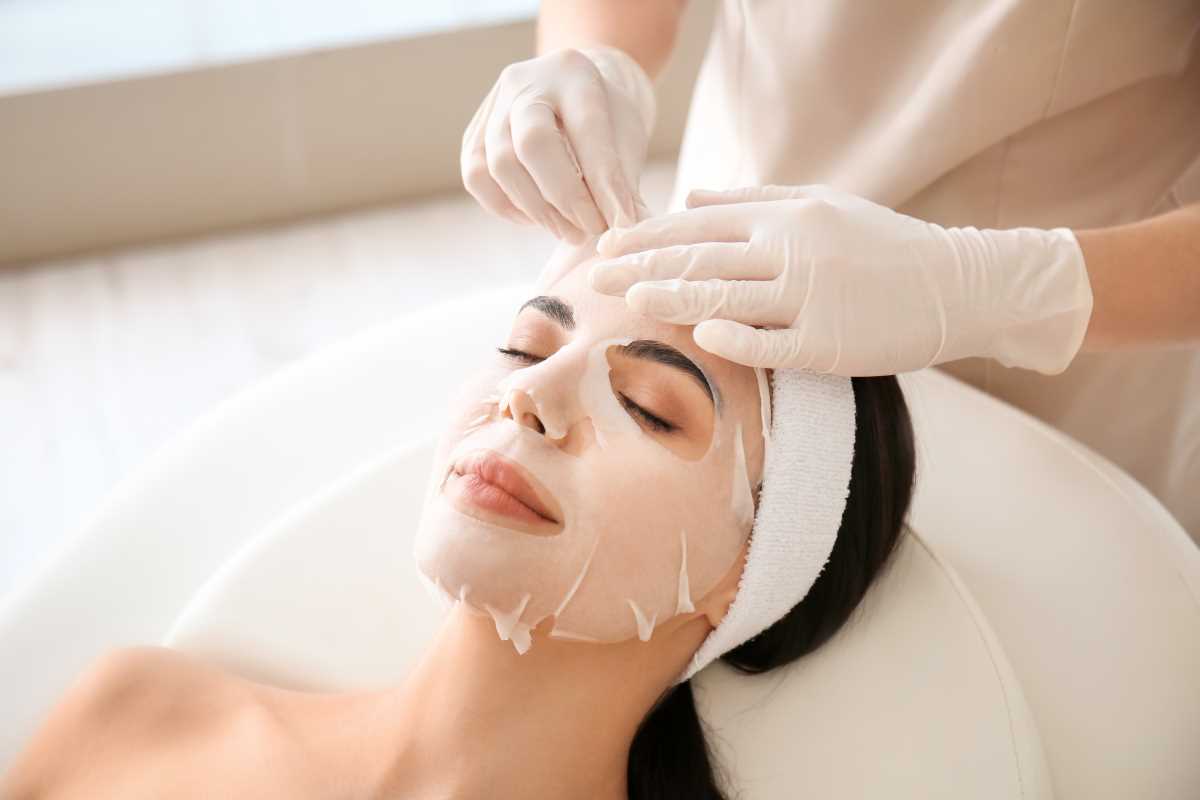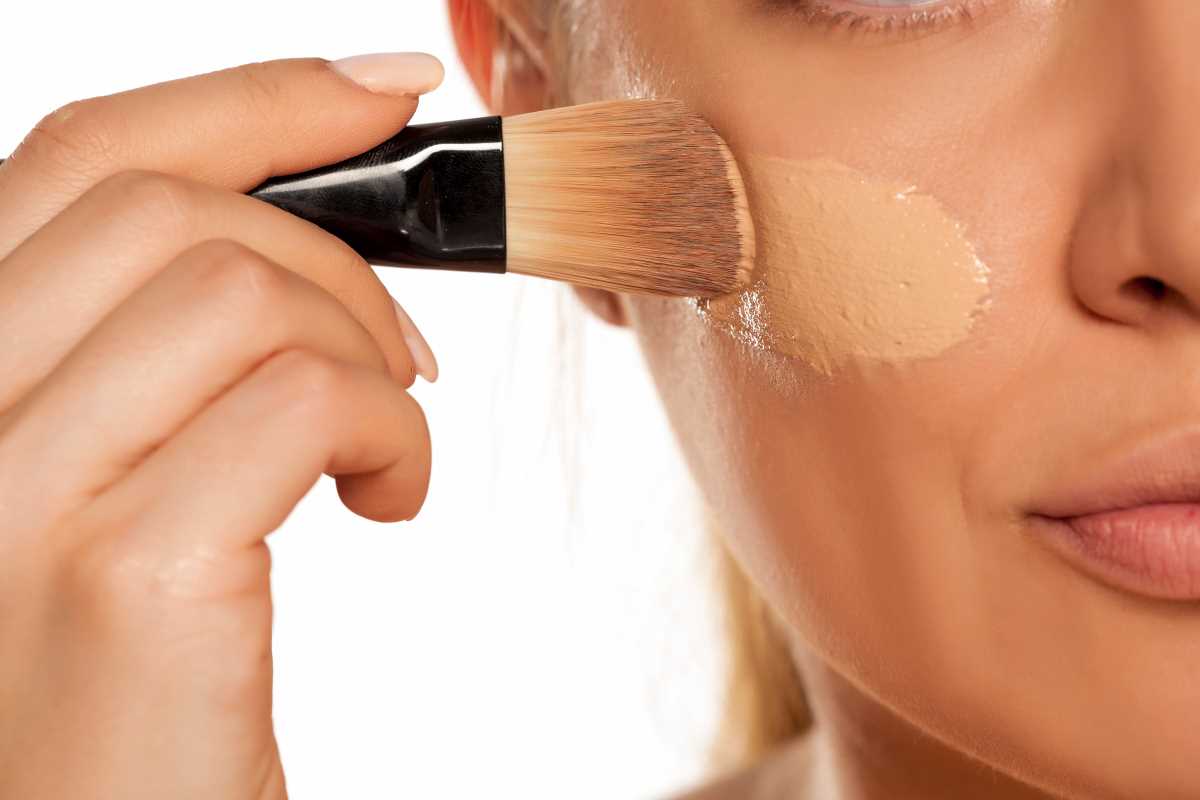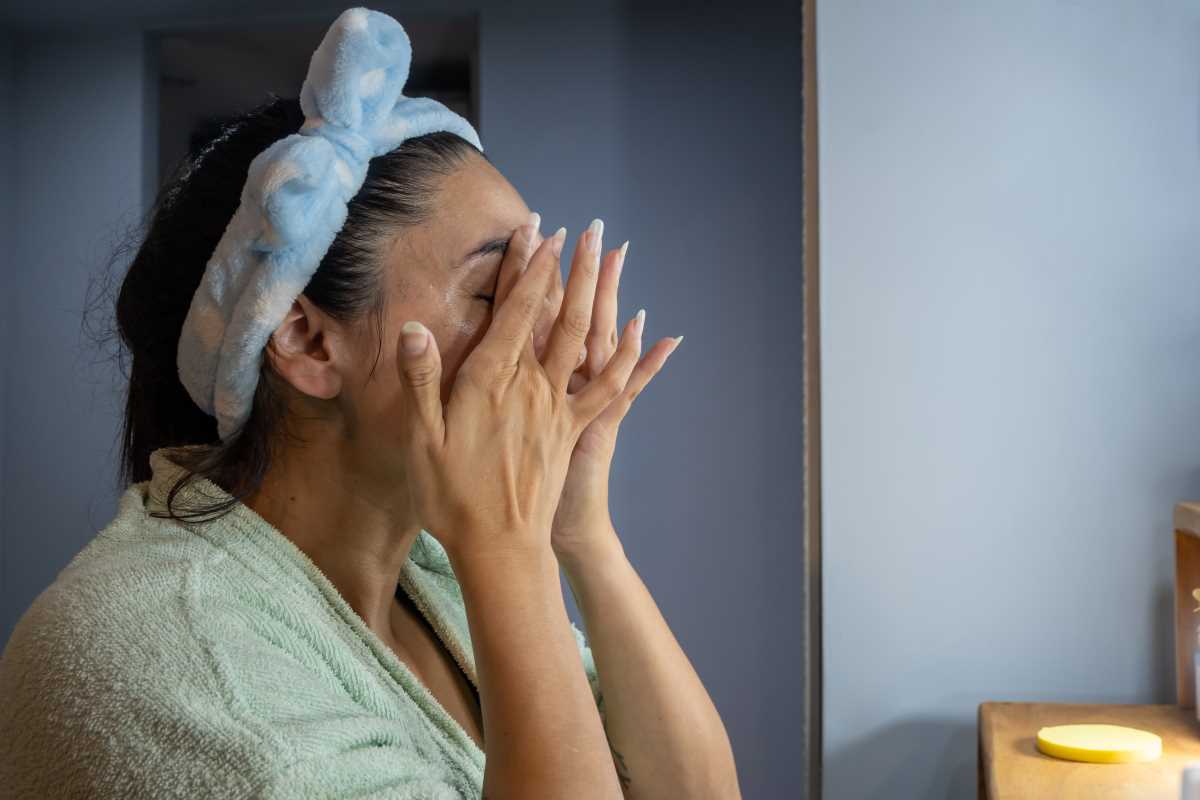Face masks have become an essential part of many skin care routines, providing targeted treatments for various skin concerns. Whether you're looking to hydrate, exfoliate, or detoxify, there’s a mask designed to meet your needs. In this article, we'll explore the different types of face masks available and their specific benefits, helping you choose the right one for your skin type and concerns.
The Hydrating Masks
Hydrating masks are perfect for individuals with dry or dehydrated skin. These masks typically contain ingredients like hyaluronic acid, glycerin, and aloe vera, which help attract and retain moisture in the skin. By applying a hydrating mask, you can provide your skin with a quick boost of hydration, making it look plump and revitalized.
For best results, opt for hydrating masks that are gel-based or cream-based, as they often deliver moisture more effectively. Using a hydrating mask once or twice a week can significantly improve the overall texture and appearance of your skin, especially in harsh weather conditions.
The Exfoliating Masks
Exfoliating masks are designed to remove dead skin cells, unclog pores, and reveal brighter, smoother skin. They typically contain alpha hydroxy acids (AHAs) or beta hydroxy acids (BHAs), which help chemically exfoliate the skin. Clay-based masks can also provide physical exfoliation by removing impurities and excess oil.
When using an exfoliating mask, it’s essential to follow the instructions closely, as over-exfoliation can lead to irritation. These masks are ideal for those with oily or combination skin types, as they help control excess oil and prevent breakouts. For sensitive skin, consider opting for gentle exfoliating masks with soothing ingredients to minimize irritation.
The Detoxifying Masks
Detoxifying masks are designed to draw out impurities and toxins from the skin. They often contain clay, charcoal, or other absorbent ingredients that help cleanse the skin deeply. These masks are particularly beneficial for those with oily or acne-prone skin, as they can help unclog pores and reduce the appearance of blemishes.
When using a detoxifying mask, apply it to clean, dry skin and let it sit for the recommended time before rinsing off. You may experience a slight tingling sensation, which is normal. However, if you feel any discomfort, it’s best to remove the mask immediately. Incorporating a detoxifying mask into your routine once a week can help keep your skin clear and refreshed.
The Brightening Masks
Brightening masks are formulated to enhance the skin’s radiance and reduce the appearance of dark spots or uneven skin tone. These masks often contain ingredients like vitamin C, licorice extract, or niacinamide, which help to even out skin tone and boost luminosity.
To achieve optimal results, look for brightening masks that are designed for your specific skin type. For example, if you have dry skin, a cream-based brightening mask may be more effective, while a gel mask might work better for oily skin. Regular use can help you achieve a more radiant and youthful complexion.
The Sheet Masks
Sheet masks have gained popularity due to their convenience and effectiveness. These pre-soaked fabric masks are designed to fit snugly on your face, allowing the active ingredients to penetrate deeply into the skin. Sheet masks come in a variety of formulations, including hydrating, brightening, and detoxifying options.
They are perfect for a quick skincare fix and can easily be incorporated into your routine. Simply cleanse your face, apply the sheet mask for the recommended time, and then remove it. Gently pat the remaining serum into your skin for added benefits. Sheet masks are ideal for travel, as they are lightweight and easy to use.
The Soothing Masks
Soothing masks are formulated to calm irritated or sensitive skin. They often contain ingredients like chamomile, aloe vera, or green tea, which help reduce redness and inflammation. These masks are especially beneficial after sun exposure or when your skin is feeling particularly stressed.
Using a soothing mask can help restore balance to your skin and promote a more even complexion. They are gentle enough for regular use and can be a great addition to your skincare routine, especially during seasonal changes when your skin may be more sensitive.
How to Choose the Right Mask for Your Skin Type
When selecting a face mask, it’s crucial to consider your skin type and specific concerns. If you have oily skin, look for exfoliating and detoxifying masks to help control oil and prevent breakouts. For dry or dehydrated skin, opt for hydrating masks that will nourish and moisturize.
For sensitive skin, soothing masks with calming ingredients are ideal, while those looking to brighten their complexion should choose masks with vitamin C or other brightening agents. Experimenting with different masks can help you discover what works best for your skin.
 (Image via
(Image via





